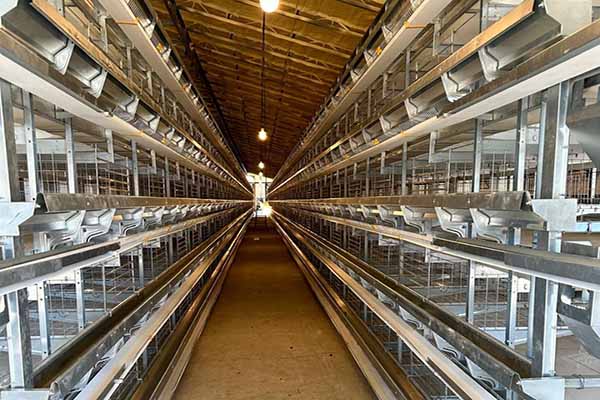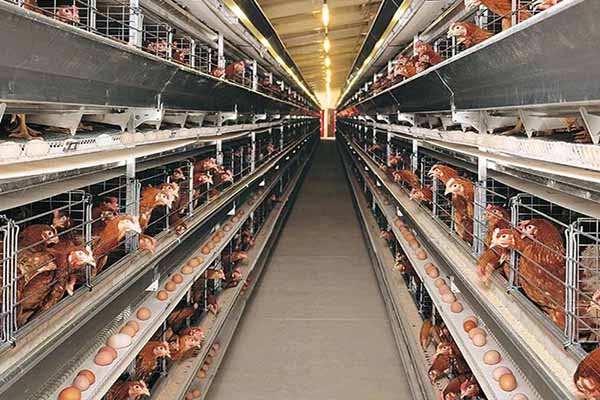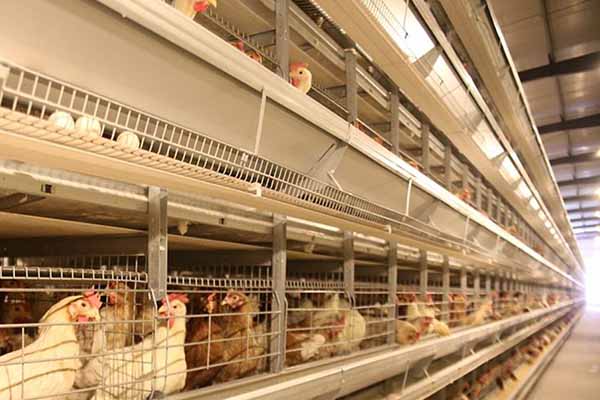Kari Improved Kienyeji Chicken in Nairobi: A Game Changer for Local Farmers and Consumers
Time : 2025-05-13
Are you a fan of Kienyeji chicken? If yes, then you’re in for a treat! Nairobi, the bustling capital city of Kenya, has recently witnessed a revolution in the poultry industry with the introduction of Kari Improved Kienyeji chicken. This article will delve into the details of this innovative breed, its impact on local farmers, and how it’s reshaping the poultry market in Nairobi.
What is Kari Improved Kienyeji Chicken?
Kari Improved Kienyeji chicken is a result of intensive breeding and selection processes aimed at enhancing the characteristics of the traditional Kienyeji chicken. Kienyeji, which translates to ‘local chicken’ in Swahili, is a popular breed in Kenya known for its delicious meat and adaptability to local conditions.
The Kari Improved Kienyeji chicken is characterized by its faster growth rate, better feed conversion ratio, and improved disease resistance. This means that farmers can produce more chickens in less time, with lower feed costs and reduced risk of disease outbreaks.
The Journey of Kari Improved Kienyeji Chicken
The development of Kari Improved Kienyeji chicken began in the early 2000s at the Kenya Agricultural Research Institute (KARI). Researchers aimed to improve the breed by selecting the best-performing chickens and crossing them with high-quality parent stock.
The project, known as the Kari Chicken Project, involved collaboration between KARI, the Kenya Veterinary Services, and various local and international partners. After years of research and development, the Kari Improved Kienyeji chicken was officially launched in 2017.
The Impact on Local Farmers
The introduction of Kari Improved Kienyeji chicken has been a game-changer for local farmers in Kenya. Here are some of the ways it has benefited them:
- Increased productivity: Farmers can now produce more chickens in a shorter period, which means higher income and improved livelihoods.
- Reduced feed costs: The improved feed conversion ratio means that farmers can produce chickens using less feed, making the business more profitable.
- Improved disease resistance: Kari Improved Kienyeji chickens are more resilient to common poultry diseases, reducing the risk of loss for farmers.
Additionally, the Kari Chicken Project has provided farmers with training and support, helping them to adopt best practices in poultry farming.
The Impact on Consumers
The benefits of Kari Improved Kienyeji chicken don’t end with farmers. Consumers in Nairobi and beyond are enjoying the following advantages:
- Higher quality meat: The improved breed produces chicken with tender, juicy meat that is highly sought after.
- Increased availability: With more chickens being produced, Kienyeji chicken is now more accessible to consumers, particularly in urban areas.
- Affordable prices: The increased productivity and reduced feed costs have led to lower prices for consumers, making Kienyeji chicken more affordable.
The Future of Kari Improved Kienyeji Chicken
The success of Kari Improved Kienyeji chicken has prompted the Kenya Poultry Board to expand the project to other parts of the country. The goal is to ensure that more farmers and consumers can benefit from this innovative breed.

Looking ahead, there are plans to further improve the Kari Improved Kienyeji chicken through continued research an d development. This includes exploring new feed sources, improving disease resistance, and enhancing the overall quality of the meat.
d development. This includes exploring new feed sources, improving disease resistance, and enhancing the overall quality of the meat.
Conclusion
Kari Improved Kienyeji chicken is a shining example of how innovation and collaboration can transform the agricultural sector. By providing local farmers with a more productive and resilient breed, and offering consumers high-quality, affordable chicken, this innovative project is set to change the face of poultry farming in Kenya.

As Nairobi and the rest of the country embrace this new breed, we can expect to see a thriving poultry industry that benefits both farmers and consumers alike.











